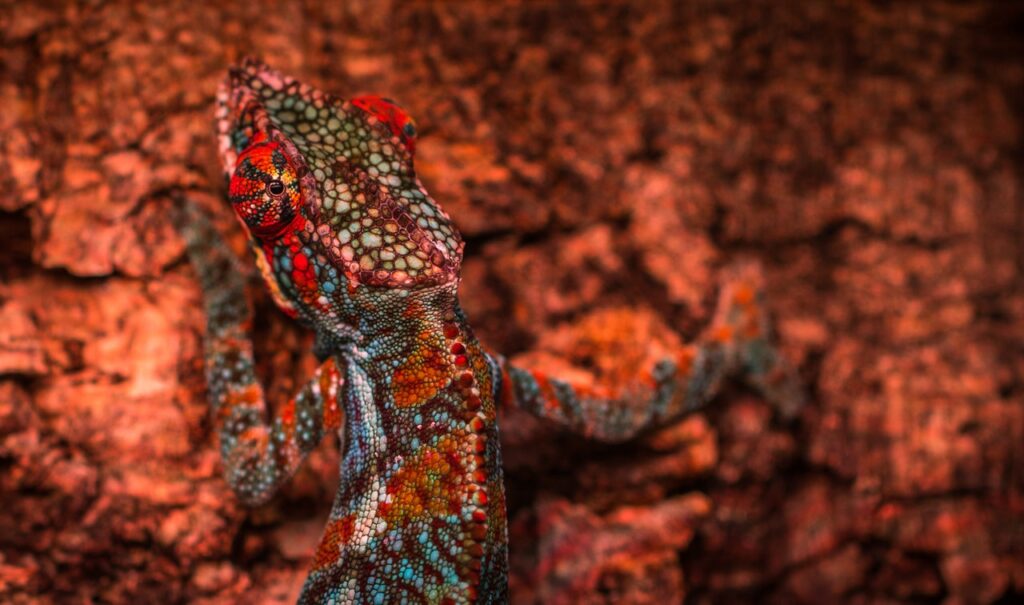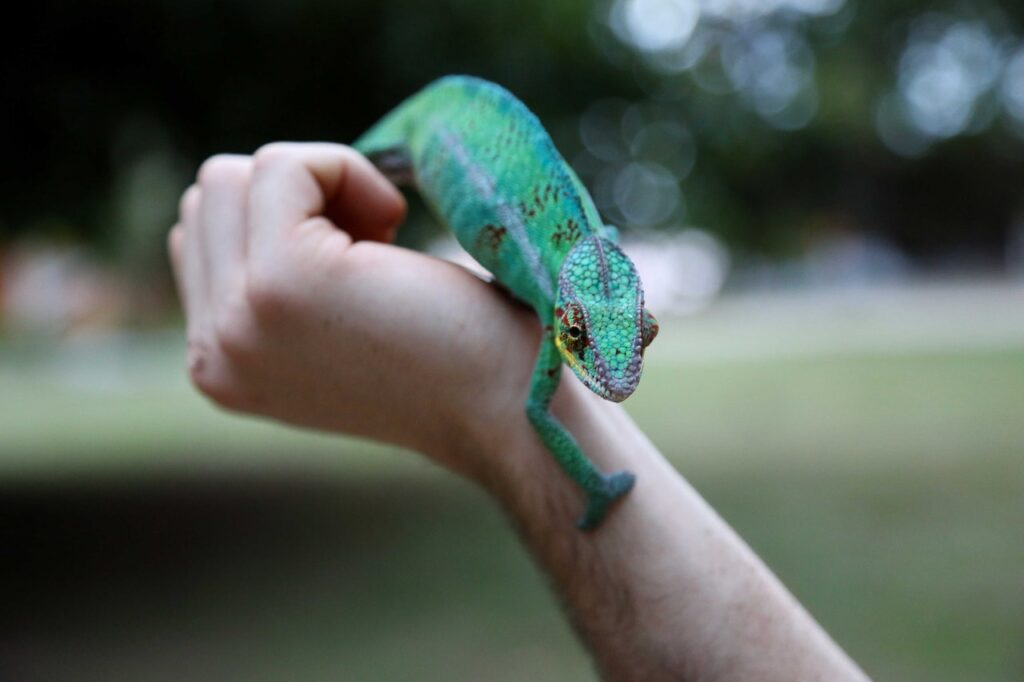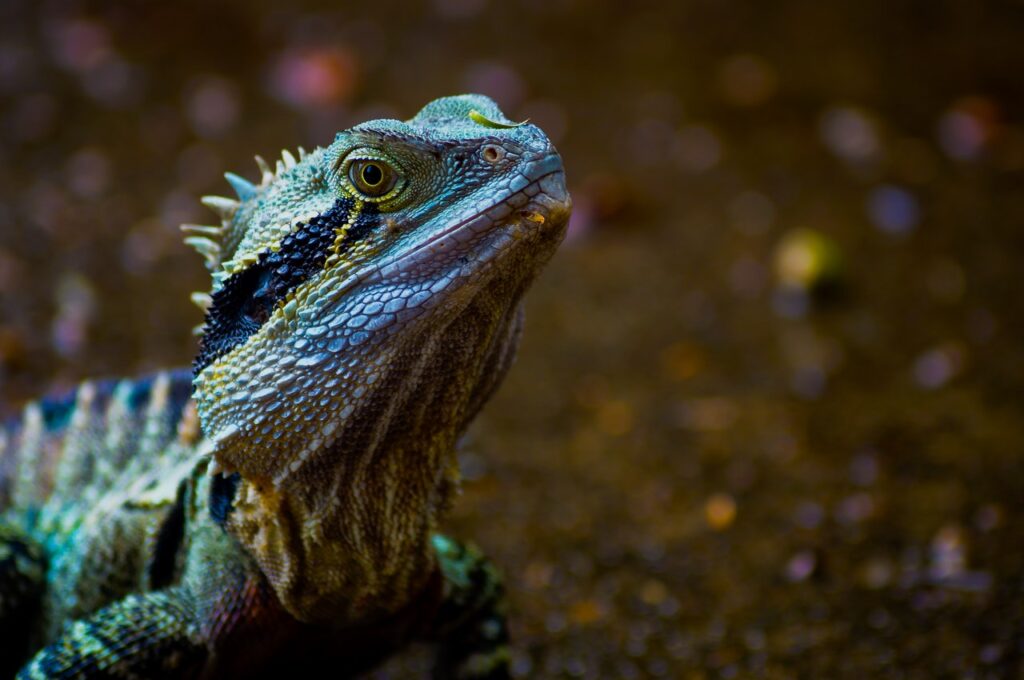
5 Tips for Preparing a Balanced Diet for Reptiles
A reptile’s diet is different from other pets. Most household pets are omnivorous. Which gives you more options when preparing a balanced diet. But with reptiles, each one has its own preference and need, which makes it difficult to feed them properly. They also should be fed routinely. Otherwise, it will cause a metabolic disorder.
If you just got your first pet, follow these tips to prepare the right diet for your reptile friend.
1. Understand What Your Reptile Prefers

Reptiles can be insectivorous, carnivorous, herbivorous, or omnivorous. Almost all reptiles except the iguana lizard and the snakes prefer eating insects. Some popular insects include crickets, mealworms, dubia roaches, and hornworm.
Carnivorous reptiles are bigger and include snakes, Komodo dragons, boa, etc. They prefer eating small animals such as rats, birds, chickens, and other small rodents.
Most reptiles eat herbs and plants along with insects and meat. But there are a few reptiles that can survive solely on a plant-based diet. Such reptiles include green iguana, dryland tortoise, aquatic turtle, and uromastyx or the spiny-tailed lizards.
Their favorite plants include dark green lettuces, bok choy, turnip greens, kale, etc.
Omnivorous reptiles can basically eat anything from insects and herbs to small animals. Some common omnivorous reptile pets include water dragons, bearded dragons, plated lizards, blue- and pink-tongue skinks, etc.
You need to understand your reptile preferences before preparing a diet for them. You cannot feed plants to a carnivorous reptile or meat to an insectivore.
2. Learn About the Nutrition Factors
The necessary amount and source of nutrition for reptiles vary for each species. The nutrition requirement for carnivore reptiles will not be the same as an omnivore or herbivore.
Carnivorous and insectivorous reptiles need 25-60% protein, 30-60% fat, and less than 10% carbohydrate of their total body weight in their daily diet.
An omnivorous reptile needs to consume 15-40% protein, 5-40% fat, and 20-75% carbohydrate. As for herbivores who cannot digest protein properly, they need to consume 15-35% protein, less than 10% fat, and 55-75% carbohydrate.
However, this is for adult reptiles. Young reptiles need to eat double the amount.
Another important fact every reptile keeper needs to know is the calcium to phosphorus ratio, mainly if your reptile is a pure insectivore. For all reptiles, the calcium to phosphorus ratio should be 1:3 in their diet. This means for every gram of calcium, you need to have 3 grams of phosphorus in the meals.
3. Maintain a Feeding Schedule

Since reptiles have a slow metabolism and do not move around too much, they do not eat often. But once they eat, they will eat quite a lot.
For example, an omnivore or an insectivore reptile will eat a number of insects within 15-30 minutes. But do not feed them for over 30 minutes. Do this feeding process twice a day.
For your insectivores, feed them at least three times a day. Since most insectivore reptiles are predators, they prefer their insects alive. Most reptiles will not eat dead insects. So provide them with fresh and live insects.
For herbivorous reptiles, feed them chopped vegetables that are as long as their body length.
4. Ensure the Right Environment for Feeding
The environment around could influence the reptile’s eating habits. For example, the temperature impacts how much and how often it eats. Reptiles are cold-blooded animals, so they are more active in warm and humid conditions.
They become sluggish in winter and stop eating to preserve body temperature. For example, during warm weather, they will eat twice or thrice a day depending on their size. But during winter, they will eat three times per week.
Most reptiles also need a natural environment for eating properly. You cannot just place them in a glass container. You need to add soil, some small tree branches, and UV lights to recreate the perfect environment.
5. Use Additional Supplements

Reptiles, especially insectivores, do not get all the necessary nutrition from insects. Because insects may be high in protein, but lack calcium, fiber, and phosphorus. This can cause malnutrition in your reptiles.
To mitigate this problem, you must feed your insectivorous reptiles with calcium supplements. Insects hardly contain any vitamins. But some vitamins necessary for a reptile include vitamins A, D, and E.
They are needed to absorb calcium. Apart from these 3, reptiles also need vitamin B12.
This is only for insectivorous reptiles. Omnivorous and herbivorous reptiles have a variety of food choices that contain all the necessary ingredients for balanced growth. So, they might require fewer supplements.
What Happens If Your Reptile Does Not Get a Balanced Diet
Malnutrition is not uncommon among reptiles. Most reptile keepers do not know about the nutrition a reptile requires and the nutrition value of the food they are feeding their reptiles.
A common disease found in reptiles is a metabolic bone disease, which occurs due to the lack of calcium. We know calcium is the main ingredient that keeps bones strong and sturdy. But since insects do not contain calcium, feeding the reptiles only insects will not be sufficient.
If you do not feed them a balanced diet and give the same item every day, the reptile will lose its appetite and will not eat. Another disease caused by a bad diet is mouth rot. This infects the mouth of the reptiles and should be treated with antibiotics as soon as possible. Otherwise, surgery will be necessary.
Final Thoughts
Reptiles cannot live on the same diet every single day. You need to change it regularly, so they do not lose their appetite and consume the right amount of nutrition. For added benefits, feed them supplements. Make sure you consult a vet with experience in reptiles to make the perfect diet.
